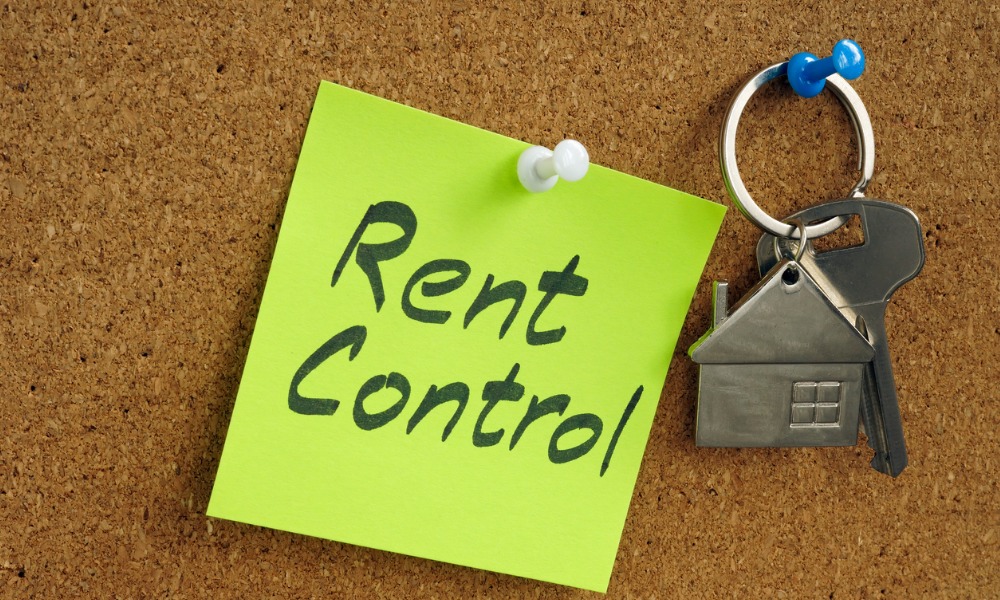Coalition urges Supreme Court to intervene over "irresponsible laws"

Housing industry trade associations have raised red flags over New York’s Rent Stabilization Law (RSL), calling the law “irresponsible” and “unconstitutional”.
Industry stakeholders, including the National Association of Realtors (NAR), National Apartment Association, National Association of Home Builders, and the Mortgage Bankers Association, have filed a joint amicus brief supporting two cases challenging the constitutionality of the RSL.
“These irresponsible laws consistently affect “mom-and-pop” property owners with the fewest resources, forcing them alone to bear the public burdens beyond what the Constitution permits,” NAR said in a statement.
In the brief, the associations explained how the RSL violates the petitioners’ rights by unconstitutional taking of private property without just compensation.
“[G]overnments up and down our federalist system are continually finding ways to encroach upon private-property rights,” the brief read. “Rather than protect private property, governments have conscripted property owners into serving the state without compensation. These intrusive and unconstitutional actions include eviction moratoria and draconian rent control regimes that purport to divest property owners of long-recognized property interests. …[I]t is critical that the Court intervene to provide guidance to lower courts assessing challenges to burgeoning restrictions on private property.”
Read next: Depressed NYC real estate prices yield bonanza for savvy investors
The brief also details the negative impact of the rent-control laws on the broader housing market.
“New York’s RSL demonstrates the harmful effects of misguided housing policies that restrict private-property rights,” it states. “Simply put, rent control laws like the RSL exacerbate housing supply and affordability problems by reducing the quantity of available housing. They also reduce housing quality, decrease consumer mobility and entry into the housing market, and provide an inequitable solution to issues of housing affordability.”
Want to keep up with the latest mortgage news? Get exclusive interviews, breaking news, and industry events in your inbox, and always be the first to know by subscribing to our FREE daily newsletter.



